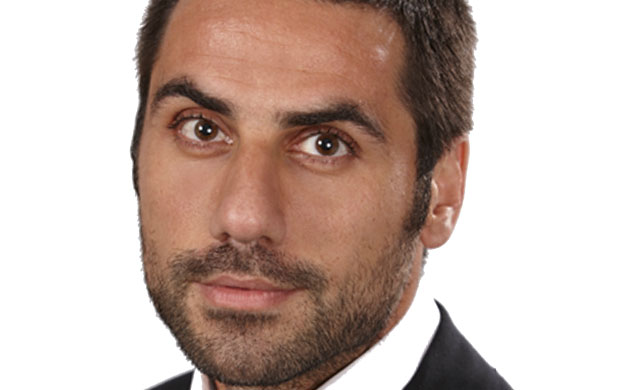
Controversial child visa laws in South Africa have not hurt fast-growing Internet accommodation sharing service Airbnb’s business in the country.
This is according to Airbnb’s GM for the Middle East and Africa, Nicola D’Elia.
In June, government launched legislation requiring South Africans and foreign nationals travelling with children under the age of 18 to present unabridged birth certificates at ports of entries.
The legislation is aimed at curbing child trafficking in the country, but the travel industry has voiced its opposition to the laws amid claims that it is now more difficult and bureaucratic to travel to and from South Africa for families.
However, Airbnb — which works on an Uber-type model of allowing homeowners to rent out rooms and even entire homes to guests from anywhere in the world — says it hasn’t seen a noticeable impact from these laws among its users.
“We haven’t seen any impact for the moment,” D’Elia said. He also said that Airbnb guests form part of a broad demographic. “You can have like the backpackers that are travelling all across Africa or you can have the family, in which case this would apply. For the moment with the numbers, we haven’t seen any impact on this.”
The full impact of South Africa’s child visa laws have yet to be fully measured. Nevertheless, industry players have decried the legislation and projected its possible quantifiable impact.
The Southern African Tourism Services Association, for example, has said that the number of tourist arrivals into South Africa could fall by 28% as a result of the laws.
Despite criticism over South Africa’s child visa laws from experts in the industry, Airbnb CEO officer Brian Chesky — who was in Johannesburg on Monday — is upbeat about the country.
Chesky highlighted how Airbnb has had explosive growth in South Africa, which is the company’s biggest market in Africa.
Airbnb has 9 400 homes listed with the service in South Africa, an increase of 138% over the last 12 months. In Cape Town alone there are over 5 000 Airbnb listings, D’Elia said.
Now, Airbnb is looking to establish more of a presence in South Africa by hiring local representatives.
“Again, I think something really important that I’ve stressed before – this is the beginning and we are here to start the conversation,” D’Elia said.
“I will be back here; we will have a presence here so we will start the conversation with all the different authorities to understand and also once again to explain what is the positive impact that Airbnb can have to the community and to the cities,” D’Elia said. — Fin24




